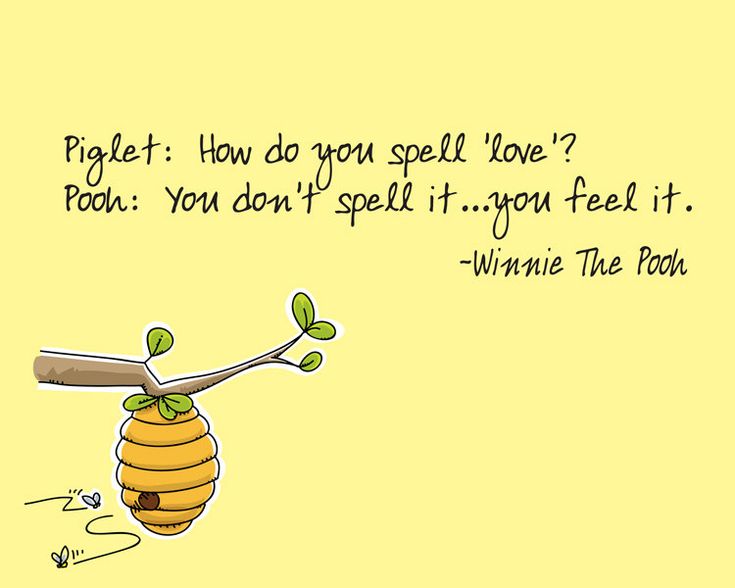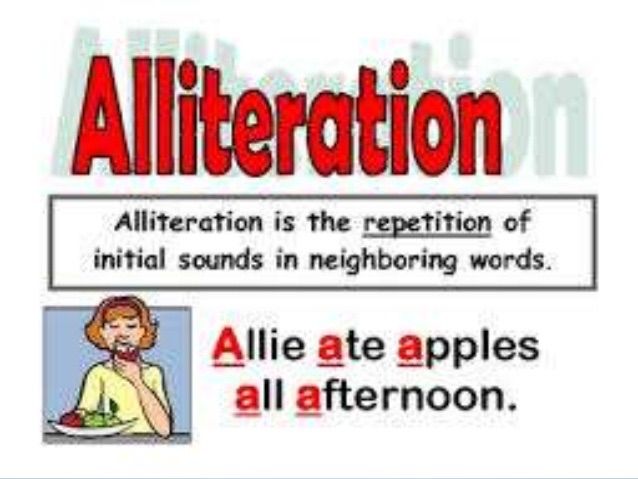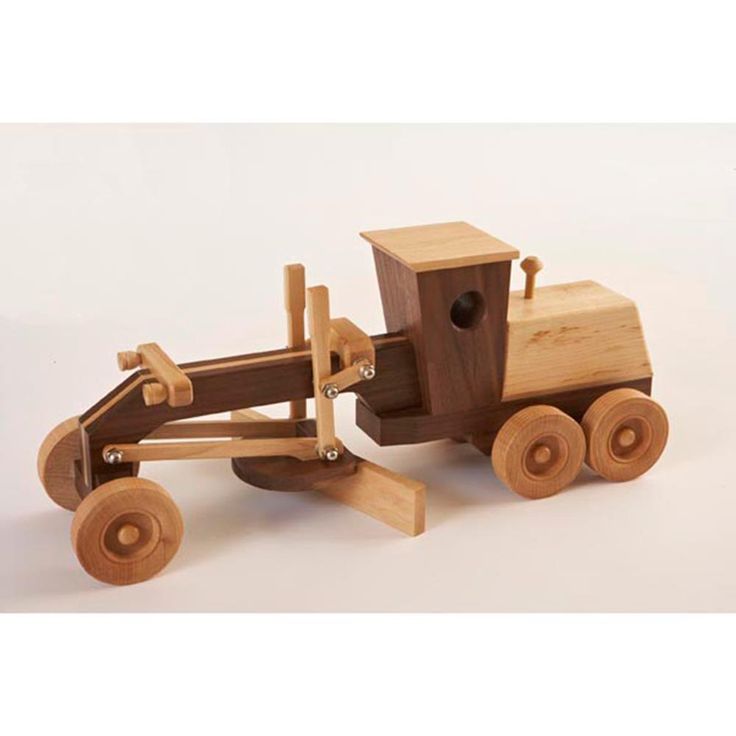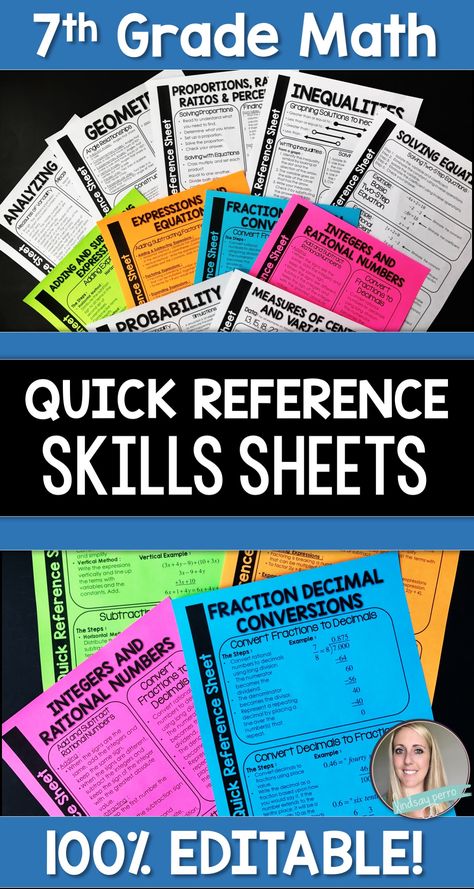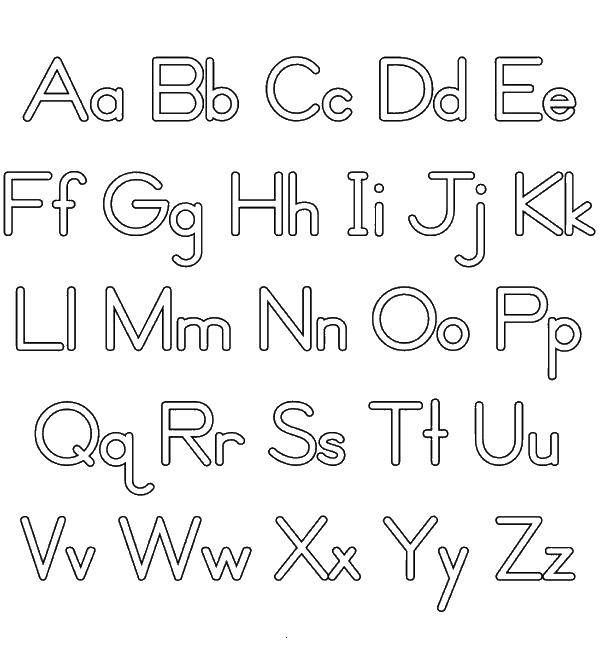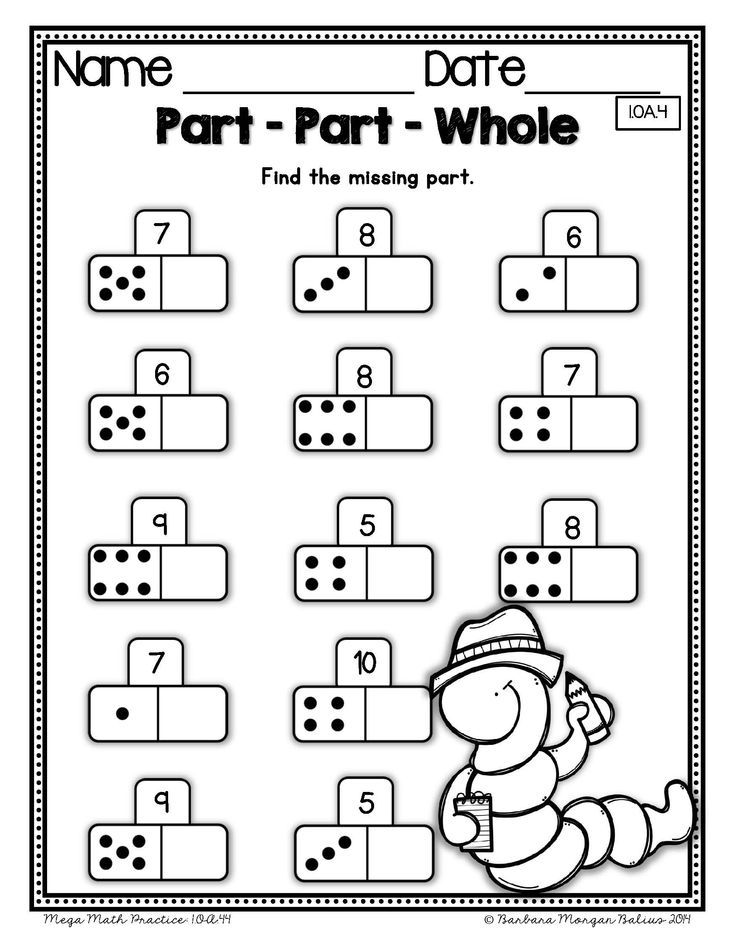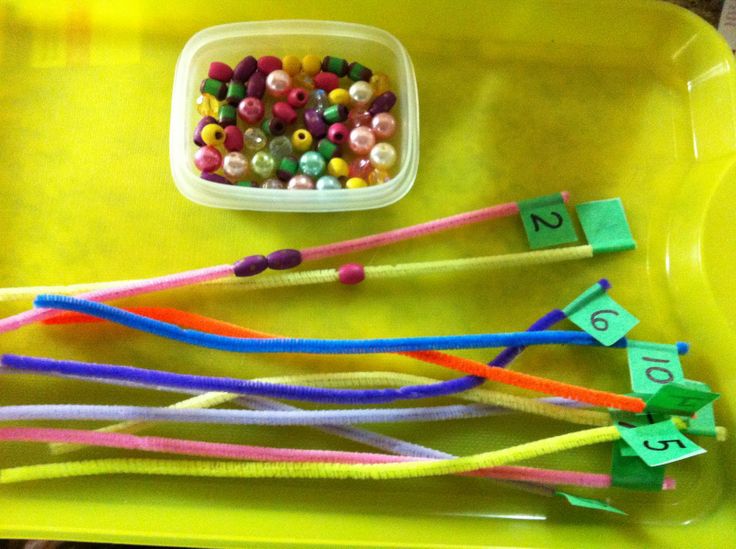How do you spell better
How to Spell Better Using the Secrets of Spelling Bee Winners
In an age of evolving technology, 140-character messages, and video and images taking over our media lives, spelling still matters—a lot.
Spell a word wrong today and you could fail a test or miss out on a date, a book deal, a promotion, or an important business deal.
Although autocorrect and spell check tools are amazing—and have helped untold people write better every day—good spelling skills still help us in ways you may not even realize.
Let’s talk about why spelling is such an important skill—and what you can do to start spelling better today with lessons from Scripps spelling bee winners, grammar experts, and bestselling authors!
Why Is Proper Spelling So Hard?
Every language has its quirks, but it seems like English was designed to trip people up!
Spelling words in English correctly is tough for a few reasons:
- Words are often spelled differently from how they’re pronounced
- Certain combinations of letters sound one way in one word and completely differently in another
- Some letters sometimes aren’t even pronounced at all!
No wonder people have stopped caring about spelling…it’s one headache after another.
But we can’t really blame English—it’s a victim of circumstance.
Spelling in English
You see, English is the result of a few very different languages colliding. Anglo-Saxon, German, French, Latin, and Greek all made significant contributions to the creation of modern English—and then we’ve also gone and picked up words from all over the world to add to our stash.
This has resulted in a written language that doesn’t really resemble the spoken language all that closely—the combinations of letters that make certain sounds aren’t consistent.
All that confusion has been around for basically as long as English has been a recognized language. And, of course, the way we spell has been changing for just as long. English is a living language; it changes and evolves with the times.
Go pick up a copy of the Canterbury Tales and compare it to any of Shakespeare’s plays, then compare that to any modern novel.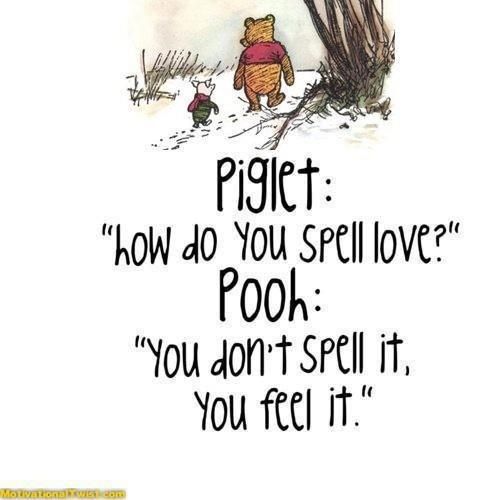 (If you’ve ever tried to read the Canterbury Tales, it’s supposedly written in English, but I can’t understand a single sentence of it!)
(If you’ve ever tried to read the Canterbury Tales, it’s supposedly written in English, but I can’t understand a single sentence of it!)
The way we spell is constantly evolving—and people are always trying to make how we speak and how we write easier to match up.
That has led to attempts to reform spelling practices over the years, from introducing phonetic spelling (writing night as niit, for instance) to trying to add silent letters to words in order to make them more closely represent how the word came to be (etymological spelling).
The debate about spelling has been going on for centuries, waged in schools, universities, and even corporate boardrooms and newspapers.
In 1983, International Paper Company ran a series of print ads called “Why Print Matters” that featured famous authors, actors, and more discussing why print and paper were still important in the newly blossoming digital age.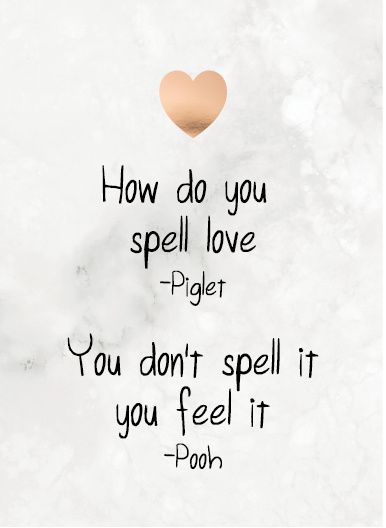
In one ad, author John Irving explained why spelling matters. Michael Gottsacker, the communications director at Russell Herder, a marketing communications agency in Minneapolis, shared his copy:
But while authors, editors, educators, linguists, pundits, and others argue about the “right” way to spell and learn to spell, mostly we just kind of go with the flow—we have dictionaries full of words with accepted ways to spell them, and that’s what we all agree to go by.
Why Spelling Still Matters
So if we have dictionaries and spell check and a zillion other tools to tell us how a word is supposed to look when written down, why do we need to know the principles of spelling?
Can’t the computer just do it for us?
Well, no—spell check isn’t perfect. And besides, how many times has autocorrect let you down, changing “correct” to “cucumber” or “auditioning” to “auctioning”? Heck, there’s an entire website devoted to hilarious (and often NSFW) autocorrect malfunctions.
As Nancy K. Gretzinger, EdD, a retired educator, says, “Even if you use spell check, Grammarly, etc, you have to have some basic spelling abilities. How do you start spelling a word for these tools if you don’t know where to begin? Even with a doctorate, I sometimes find myself typing on a blank page and using tools to check spelling before I even get started.”
So we can’t rely on technology to make us into brilliant spelling geniuses.
Does that even matter? Who really cares, anyway? So what if you can never get “definitely” to come out right on the first try?
It does matter, though. Spelling correctly is crucial to being taken seriously in countless aspects of your life, from getting ahead at work to communicating online.
Spelling Better Can Increase Your Income and More
Stefan, the founder of ADHD Boss, says, “I believe that good spelling and writing is one of the most effective skills that anyone in America can pick up through an ordinary high school education. I frequently tell people that just by attending high school in America, you automatically become a candidate for a six-figure career in copywriting, advertising, marketing, or any other niche that rewards excellent communication skills. Good spelling and writing will help you land an amazing job, earn more money, build better relationships, and so much more.
”
I frequently tell people that just by attending high school in America, you automatically become a candidate for a six-figure career in copywriting, advertising, marketing, or any other niche that rewards excellent communication skills. Good spelling and writing will help you land an amazing job, earn more money, build better relationships, and so much more.
”
Your friends may not care if you get fast and loose with spelling in your texts or emails, but your boss sure will—and what about emailing customer service, applying for a business loan, writing to a potential book reviewer, or, heck, even just filling out a dating website profile?
In every case, good spelling can make the difference between making a great impression—and falling flat.
Dr. Andrew Selepak, a professor in the department of telecommunication at the University of Florida, and director of the graduate program in social media, gives a great example to his classes:
“I use the example of the power of knowing the right word by asking students if they would swipe left on someone on Tinder for using their, there, and they’re wrong, or two, to, and too wrong. This usually leads to a few laughs and then also agreements that such a mistake is cause for a swipe to the left.”
This usually leads to a few laughs and then also agreements that such a mistake is cause for a swipe to the left.”
Imagine missing out on meeting your soul mate because you spelled a word wrong. That would suck, right?
Misspellings online can haunt you far beyond a fast tweet or misspelled hashtag. Dr. Selepak notes that President Trump has had trouble with spell-check-able glitches like “covfefe,” but also with using the wrong spelling for “heal” in some tweets.
In the end, spelling can make the difference between sounding like an expert and like you can’t be bothered to read what you’ve written.
You certainly don’t want to make the impression that you just can’t be bothered when you’re trying to advance your career! When you’re applying to a job, having a well-written cover letter and resume is essential…and all the tech tools in the world can’t help us strike the right tone when we’re doing important business writing.
Like it or not, people who spell words correctly are seen as more intelligent and get better opportunities in life.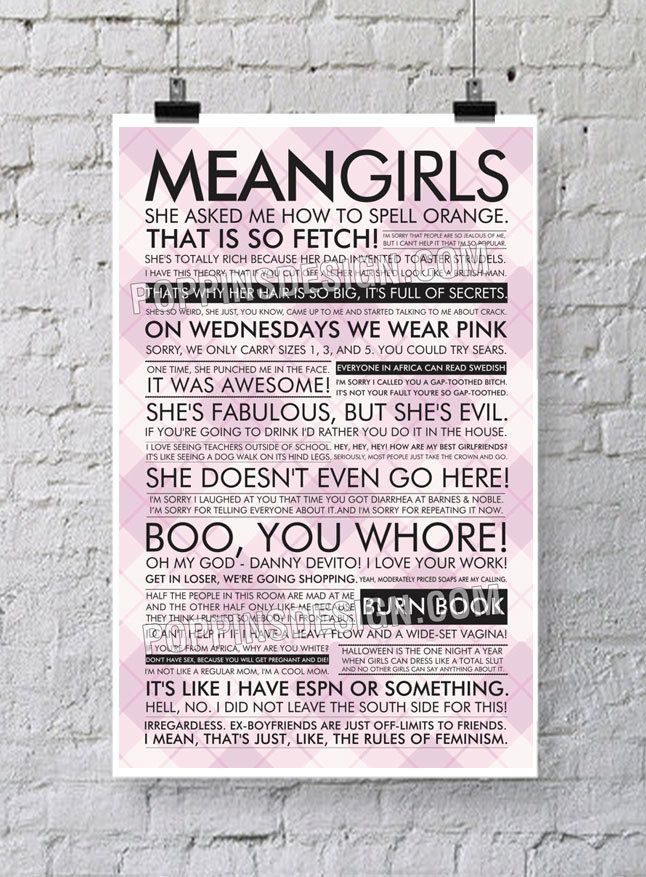
As Christina Wood, media relations manager at GPS Trackit says,
“Spelling and grammar should always be considered essentials. The key to building and retaining these skills should start with an increased emphasis on reading and expanding the media one consumes. As tools such spell check or Grammarly become more pervasive in our everyday lives, they should never be solely relied upon—especially in a business or a professional setting. Effective business communication relies on a mastery of written language combined with the proper tone that computer tools are not yet able to emulate.
Basically, strong literacy skills will positively impact an individual in both personal and professional endeavors and can also set them apart from their peers. This should be a skill that is routinely practiced and honed.”
And, of course, good spelling is essential for a writer—how many times have you seen Amazon reviews of various books that point out glaring spelling errors or other grammatical glitches, then ding the author with a 1- or 2-star rating?
This is one negative review that you could have avoided if you just took the time to spell things correctly!
According to Lexico, there are 171,476 words currently being used in the English language.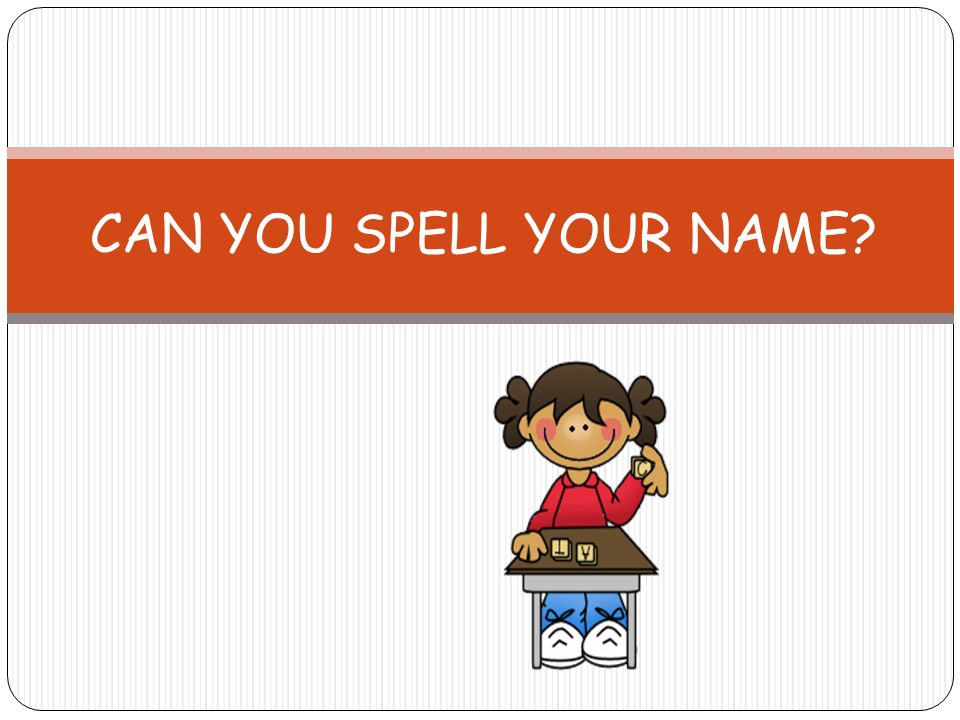 Beyond that, there are 47,156 words that aren’t being used anymore. Oh, and there’s around 9,500 words that are derived from other “main” words but that may or may not be individual words on their own (is dog-tired its own word, or two words combined?).
Beyond that, there are 47,156 words that aren’t being used anymore. Oh, and there’s around 9,500 words that are derived from other “main” words but that may or may not be individual words on their own (is dog-tired its own word, or two words combined?).
So that means there’s somewhere in the neighborhood of 228,132 words in the English language.
That’s a quarter of a million words to know and spell!
Sheesh, no wonder getting it right can be so hard.
Thankfully, research has shown that the average adult only really uses about 20,000 words as part of their active vocabulary, and that the top 25–100 words make up almost 50% of our daily communication! We seem to only really need to know about 3,000 words to manage our daily lives.
So that’s a lot fewer words we need to know…and know how to spell right.
Which words are the hardest to spell correctly?
Check out this list of the top 100 most commonly misspelled words—it’s a great place to start your journey to better spelling!
Once you’ve figured out which words you struggle with the most, you can start to understand what’s tripping you up and learn how to spell every word better.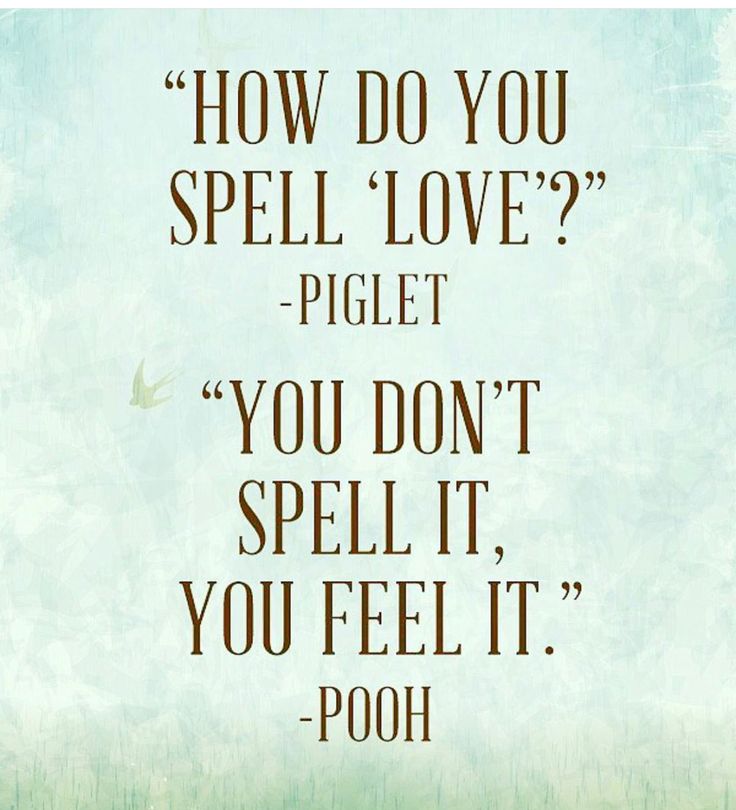
Let’s find out how the best spellers in the world do it.
Spelling Tips from Spelling Bee Champions
While most of us only use a few thousand words in our everyday lives, champion spellers can spell tens of thousands of weird words perfectly.
Most of us have heard of spelling bees, contests where people compete to see who can spell the most words perfectly on stage, under pressure. If you screw up, you’re out.
The words get progressively harder the longer the competition goes on—you might start with “dog,” move to “difficult,” go to “dilemma,” and end up with “dichotomy”…and that would be an easy round!
Spelling bee contestants do have an advantage—they get a list of words that might potentially be asked during the competition, so their task is a combination of rote memorization (learning a word and its spelling by heart) and understanding the principles that govern how a word is assembled from different linguistic pieces.
Think that sounds simple? After all, how hard can memorizing a list of words really be?
Think again—just check out this list of the winning word from every National Spelling Bee since 1925 to see how tough a challenge it really is.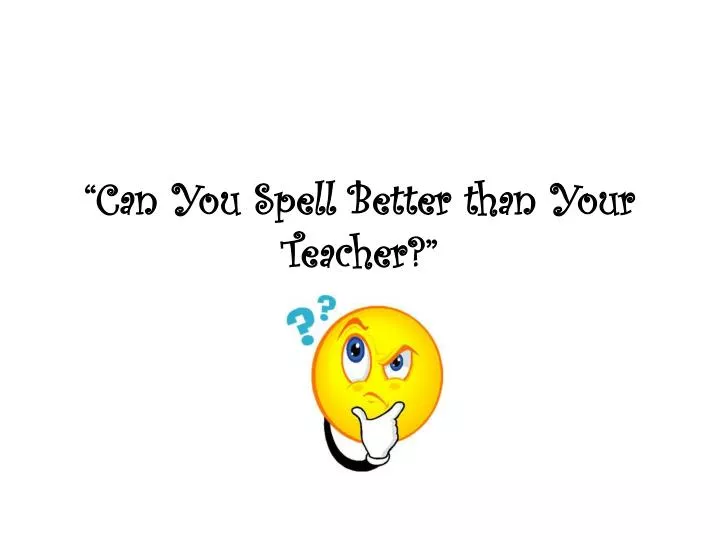
How to Spell Better
Most spelling bee champs use a combination of flashcards, patterns, and memorization techniques to study.
Spelling with Flashcards
Some national spelling champions really go the extra mile. For instance, Snigdha Nandipati, the 2012 National Spelling Bee winner, studied with 30,000 flashcards of the trickiest words she could find.
For most of us, though, we don’t need to study quite that much!
Instead, create a list of the 10–25 hardest words for you, personally, to spell and write them on index cards. In spare moments, write down the word, then pull out the index card and check it.
You can also use flashcards to help you go over the words when you’re first learning them. Take out the flashcard, look at the word, say it out loud, then close your eyes, spell the word out loud, and check it against the card.
Understanding Spelling Patterns
Most words follow certain patterns. While it seems like there’s a billion different ways to spell a word with a buzzing sound in it, there’s really only a few: with a Z (buzz), with a hard S (busy), or with an X (Xerox).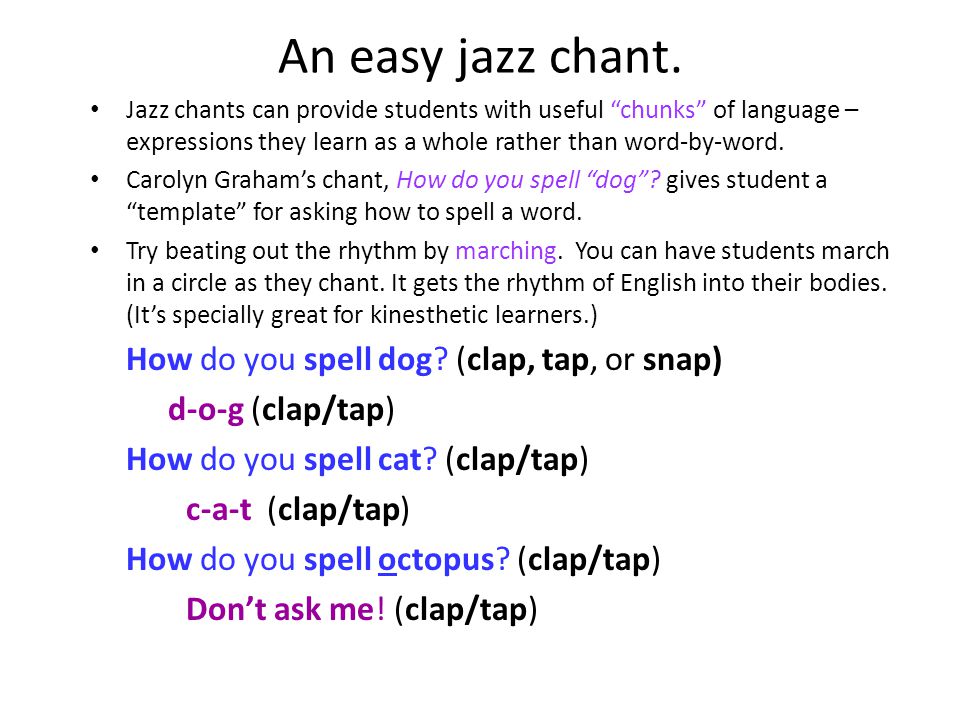
Spelling champs learn how to pronounce every single word they want to spell so that they can memorize the ways those sounds fit together.
This is sort of like using the phonetic method of spelling instruction—where you learn how something is said to figure out how it’s written—but it also involves searching for patterns.
If you ever used the old rule “I before E except after C,” then you’re used to searching for spelling and sound patterns already!
Want to learn more about common sounds and their spelling patterns? Check out this handy PDF.
Memorization Techniques
There are dozens of different ways to memorize more information.
We’ve already talked about how you can improve your memory by using the body method where you assign different words or spellings to, say, your knees or your fingers to help create a mental link between the right spelling and the place.
You can create a funny sketch or doodle that ties in to the correct spelling, giving yourself a visual way to remember the word.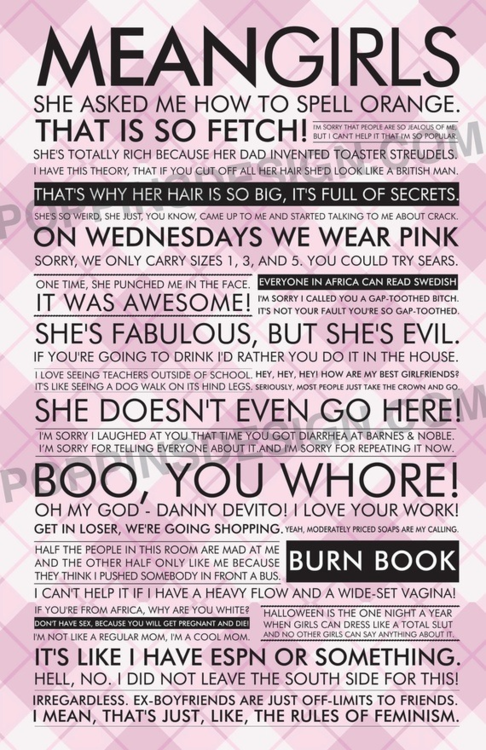
Or you might just practice writing the word over and over until the correct spelling becomes part of your muscle memory. Then, when you need to type or say the word, you can move your hand and have the letters come to mind.
In fact, many spelling bee champs pretend to write the word on their hand to get it right, while others type in thin air to remember the letters.
You can learn even more techniques with Unlimited Memory, an International Memory Grandmaster’s secrets to unlocking your mind’s potential to remember more, faster, and better.
Practice Makes Perfect
No matter what technique you use—flashcards, doodles, handwriting, a Memory Palace, or more—the key to spelling better is to practice!
Spelling bee champions often study their word lists for 3 to 4 hours per day every single day, and 6–10 hours daily in the run-up to a competition—as long as a full-time job would take! And that’s in addition to attending school like other kids.
You may not be setting out to conquer words like “chiaroscurist” and “pococurante,” but even when you’re just trying to figure out how many E’s are in “unforeseen,” practice makes perfect.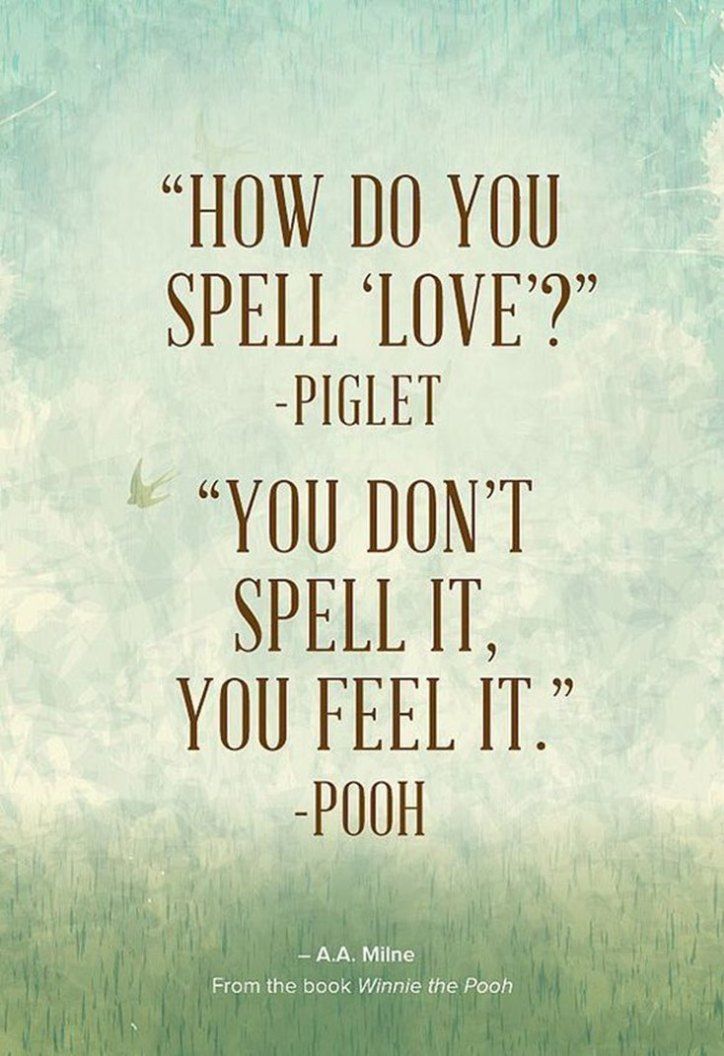
The more you say, write, type, or study a word, the more familiar it will become, and the easier it’ll be for you to spell it right next time!
If that feels too much like being back in school, make it fun!
Play Scrabble or Words with Friends, break out the Boggle, or just do some crosswords or word search puzzles—any game that asks you to create words from letters will help improve your spelling without feeling like work!
How to Recognize and Use Root Words
Knowing where a word comes from can sometimes be key to helping you spell it correctly. That’s one reason why spelling champs are allowed to ask what language a word originally came from—it can help them identify the root words that make it up.
According to Janet Heller, an award-winning editor and author who taught English literature for 35 years, “People spell better when they learn word roots and the prefixes and suffixes that we can add to words to create related words.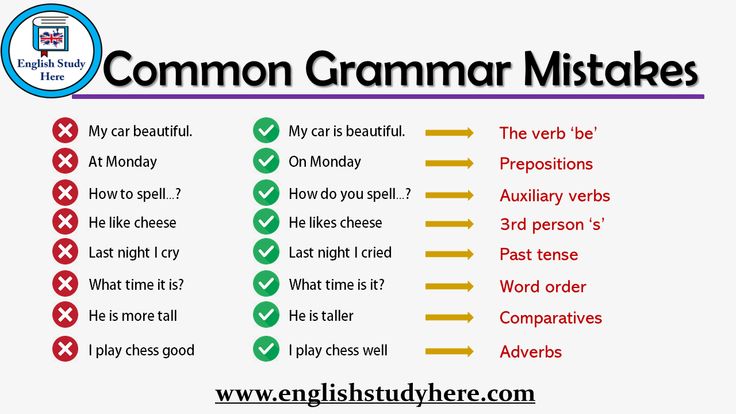 Linguists call such components of words with meaning morphemes. For example, the word invigorate has three morphemes: the root vigor, the prefix in-, and the suffix -ate.”
Linguists call such components of words with meaning morphemes. For example, the word invigorate has three morphemes: the root vigor, the prefix in-, and the suffix -ate.”
We can learn a lot of these by studying word lists, but Janet notes that “Taking foreign languages like Spanish, French, Latin, German, etc. can also help people to understand word roots.”
While spelling bee champs need to know lots of vocabulary that comes from dozens of different languages, including German, French, Yiddish, and even Hawai’ian, most of us can get away with learning about root words that come from two contributing languages: Greek and Latin.
That’s because a lot of English is made up of words that trace their origin to these two “dead” languages.
Often, when a new word is created, it uses a root word from Latin or Greek to piece the new word together. Root words are kind of like “mini words” that can be assembled like building blocks to create a new term.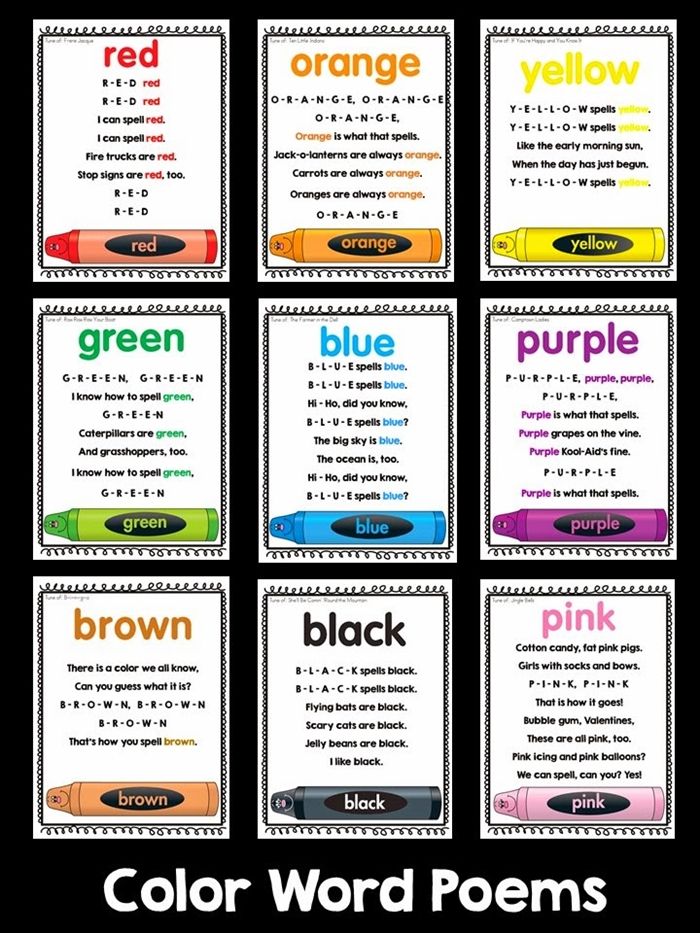
Look at “telephone,” “headphone,” and “homophone.” All have the word “phone” in them, which comes from the Greek word “phonos,” meaning sound.
So you know that all these words have something to do with sounds, and that they’ll always be spelled with “p-h-o-n-e.”’
Meanwhile, “tele” comes from the Greek for “distance,” so words with that root will always have something to do with distance. Telephone, television, telegraph…they’re all devices for transmitting something over a distance (sound, picture, and writing)!
Root words are super-helpful for figuring out both what a word means and how it’s spelled.
For instance, if you’re reading an article and come across the term “archaeozoology,” you can break it down into its parts.
Archaeo comes from the Greek for “old,” while zoo relates to the Greek term for animals. –ology means “the study of something.”
Add them up and you find out that “archaeozoology” means “the study of ancient animals or their remains.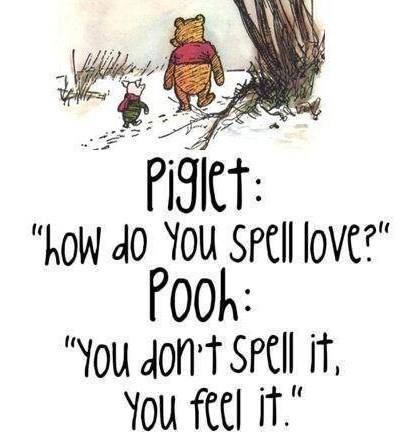 ”
”
There are lots of common root words that come from both Latin and Greek. Here’s some lists of the most popular:
| Latin Root | Definition | Examples |
|---|---|---|
| ambi | both | ambiguous, ambidextrous |
| aqua | water | aquarium, aquamarine |
| aud | to hear | audience, audition |
| bene | good | benefactor, benevolent |
| cent | one hundred | century, percent |
| circum | around | circumference, circumstance |
| contra/counter | against | contradict, encounter |
| dict | to say | dictation, dictator |
| duc/duct | to lead | conduct, induce |
| fac | to do; to make | factory, manufacture |
| form | shape | conform, reform |
| fort | strength | fortitude, fortress |
| fract | to break | fracture, fraction |
| ject | throw | projection, rejection |
| jud | judge | judicial, prejudice |
| mal | bad | malevolent, malefactor |
| mater | mother | material, maternity |
| mit | to send | transmit, admit |
| mort | death | mortal, mortician |
| multi | many | multimedia, multiple |
| pater | father | paternal, paternity |
| port | to carry | portable, transportation |
| rupt | to break | bankrupt, disruption |
| scrib/scribe | to write | inscription, prescribe |
| sect/sec | to cut | bisect, section |
| sent | to feel; to send | consent, resent |
| spect | to look | inspection, spectator |
| struct | to build | destruction, restructure |
| vid/vis | to see | video, televise |
| voc | voice; to call | vocalize, advocate |
| Greek Root | Definition | Examples |
|---|---|---|
| anthropo | man; human; humanity | anthropologist, philanthropy |
| auto | self | autobiography, automobile |
| bio | life | biology, biography |
| chron | time | chronological, chronic |
| dyna | power | dynamic, dynamite |
| dys | bad; hard; unlucky | dysfunctional, dyslexic |
| gram | thing written | epigram, telegram |
| graph | writing | graphic, phonograph |
| hetero | different | heteronym, heterogeneous |
| homo | same | homonym, homogenous |
| hydr | water | hydration, dehydrate |
| hypo | below; beneath | hypothermia, hypothetical |
| logy | study of | biology, psychology |
| meter/metr | measure | thermometer, perimeter |
| micro | small | microbe, microscope |
| mis/miso | hate | misanthrope, misogyny |
| mono | one | monologue, monotonous |
| morph | form; shape | morphology, morphing |
| nym | name | antonym, synonym |
| phil | love | philanthropist, philosophy |
| phobia | fear | claustrophobia, phobic |
| phon | sound | phone, symphony |
| photo/phos | light | photograph, phosphorous |
| pseudo | FALSE | pseudonym, pseudoscience |
| psycho | soul; spirit | psychology, psychic |
| scope | viewing instrument | microscope, telescope |
| techno | art; science; skill | technique, technological |
| tele | far off | television, telephone |
| therm | heat | thermal, thermometer |
For even more root words, check out this super-detailed list.
Prefixes and Suffixes
Often, root words have prefixes or suffixes added—these come at the beginning or end of other words to modify their meaning. For instance, “pre-“ is a prefix that means “before”. So now we know what “prefix” itself means: it’s something that’s attached (fixed) in front of something else!
By understanding root words and the affix modifiers that change them up, you’ll be able to quickly recognize and decipher many words—and you’ll understand how to spell them, too!
Here’s some lists of the most common prefixes and suffixes, thanks to Reading Rocket:
| Prefix | Definition | Examples |
|---|---|---|
| anti- | against | anticlimax |
| de- | opposite | devalue |
| dis- | not; opposite of | discover |
| en-, em- | cause to | enact, empower |
| fore- | before; front of | foreshadow, forearm |
| in-, im- | in | income, impulse |
| in-, im-, il-, ir- | not | indirect, immoral, illiterate, irreverent |
| inter- | between; among | interrupt |
| mid- | middle | midfield |
| mis- | wrongly | misspell |
| non- | not | nonviolent |
| over- | over; too much | overeat |
| pre- | before | preview |
| re- | again | rewrite |
| semi- | half; partly; not fully | semifinal |
| sub- | under | subway |
| super- | above; beyond | superhuman |
| trans- | across | transmit |
| un- | not; opposite of | unusual |
| under- | under; too little | underestimate |
| Suffix | Definition | Examples |
|---|---|---|
| -able, -ible | is; can be | affordable, sensible |
| -al, -ial | having characteristics of | universal, facial |
| -ed | past tense verbs; adjectives | the dog walked, the walked dog |
| -en | made of | golden |
| -er, -or | one who; person connected with | teacher, professor |
| -er | more | taller |
| -est | the most | tallest |
| -ful | full of | helpful |
| -ic | having characteristics of | poetic |
| -ing | verb forms; present participles | sleeping |
| -ion, -tion, -ation, -tion | act; process | submission, motion, relation, edition |
| -ity, -ty | state of | activity, society |
| -ive, -ative, -itive | adjective form of noun | active, comparative, sensitive |
| -less | without | hopeless |
| -ly | how something is | lovely |
| -ment | state of being; act of | contentment |
| -ness | state of; condition of | openness |
| -ous, -eous, -ious | having qualities of | riotous, courageous, gracious |
| -s, -es | more than one | trains, trenches |
| -y | characterized by | gloomy |
Suffix Rules
How do you add suffixes to words and still spell them right?
There’s rules for that!
Vowels and Es
If you’re trying to add a suffix that begins with a vowel (like –able or –ous) to a word that ends in a silent E, drop that E.
For instance, “desire” ends with an E, but “desirable” drops that middle E.
Other examples include response > responsible and argue > arguing
Exception: If the word ends in a double E, keep the final E:
agree > agreeable, flee > fleeing
Ys and Is
If you’re adding a suffix to a word that ends in Y, change the Y to an I.
For instance:
happy > happier, body > bodily
Exception: Don’t stack two Is together.
carry > carrying (not carriing)
Doubling Consonants
For the most part, you don’t want to double up the final consonant of a word when you’re adding a suffix.
There are a few exceptions, though:
- The final consonant comes after a single vowel, not a pair of vowels:
- bar > barred but fail > failed
- The word has one syllable or stresses the last syllable
- fit > fitted, prefer > preferred
There are always exceptions to any pattern or rule, especially when dealing with something as tricky as language, but these basic rules will help you spell better every time you use a suffix!
Tools for Spelling Better
Learning to recognize word roots and spell better takes time and practice. Thankfully, there are plenty of tools that can help you spell better right now, while you’re working on it!
Thankfully, there are plenty of tools that can help you spell better right now, while you’re working on it!
Built-In Tools
Word, Pages, and most other word processors have a built-in grammar and spelling checker feature.
It’s pretty good, and it’ll let you know when you’ve typed something wrong. However, if you accidentally type “visit” instead of “vista,” it won’t know the difference. That’s where improved services come in handy.
You can also turn on the “autocorrect” function in your smartphone to help you compose better messages on the go—although there’s the danger that it’ll change your correctly spelled, intended word into something completely different. Always be sure to read things through before you click Send!
Grammarly
Grammarly is an awesome upgrade to the built-in spell check that you might be used to.
Instead of being limited to a word processor, Grammarly follows you all over the web—you can add its plug-in to your browser to ensure that you’re writing clear, accurate messages no matter where you go.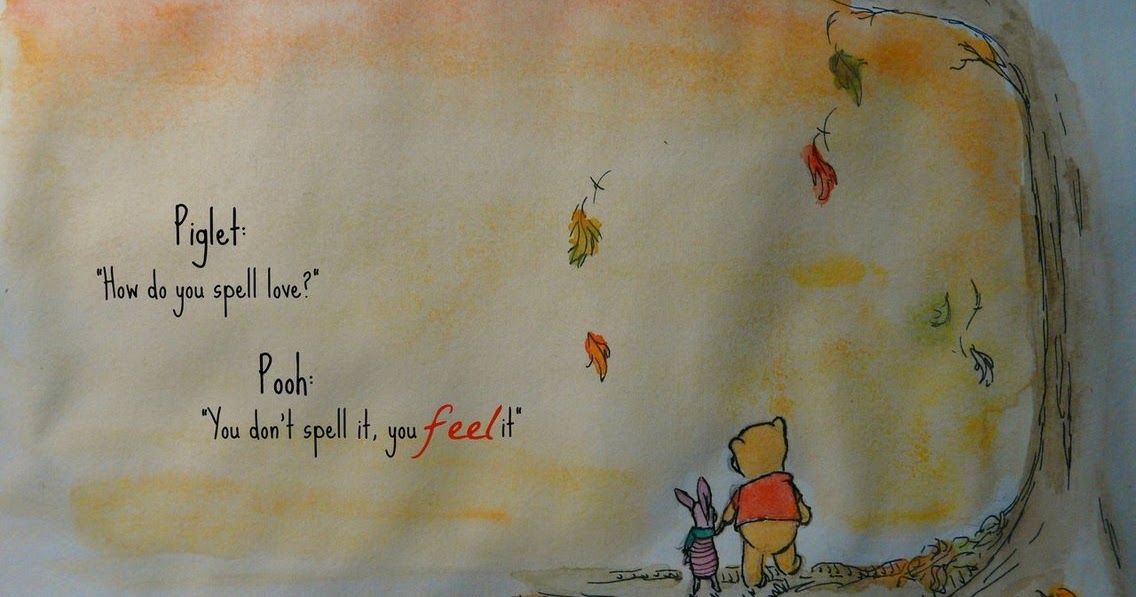
It’s more sensitive to context and nuance than standard built-in checkers, too, so it’ll know if you spelled a word right, but used it in the wrong way…or if you need to add hyphens to make something make sense.
Best of all, it helps you learn from your mistakes and improve your writing skills by giving you detailed feedback, explanation, and even weekly progress reports on your writing!
Whether you do a lot of business emails or you’re a professional writer, Grammarly is indispensable for ensuring that you’re always putting your best foot forward in writing.
If you upgrade to the monthly subscription premium version, you can also get Grammarly’s help within Microsoft applications and can even do plagiarism checking or use custom templates for certain kinds of writing.
Ginger
Ginger is another “writing enhancement” app similar to Grammarly.
It’ll check your writing for misspelled and misused words, make suggestions, offer tips, and more.
It also helps you learn new vocabulary and expand your writing skills!
For writers, it has a particularly handy feature: it’ll help you rephrase complicated or hard-to-follow sentences, get rid of sentence fragments, and generally improve the quality of your writing.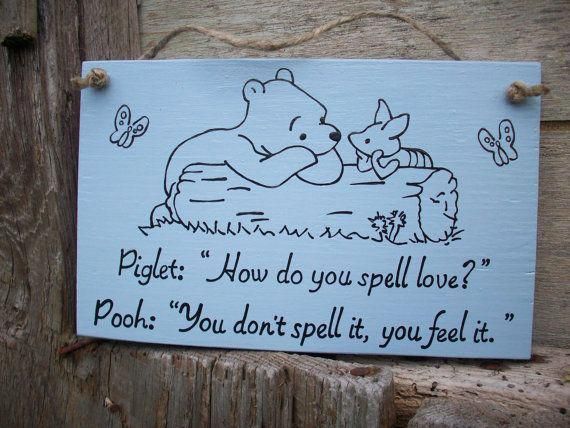
Ginger acts almost like a freelance proofreader, helping you find tense and pluralization errors in addition to simple spelling goofs.
You can download a browser extension or a standalone app for Windows, iPhone, or Android. Some features are free, but you may want to upgrade to the monthly subscription plan for all the premium proofreading features.
WhiteSmoke
WhiteSmoke is another tool that acts like an automated proofreader. It’ll check your spelling, grammar, usage, punctuation, and more—as well as running plagiarism checks and giving you helpful feedback on your writing.
It’s compatible with Microsoft Office and can be used as a browser extension on all the major browsers.
It even provides handy templates for common writing tasks, like business letters or memos!
Unlike Grammarly and Ginger, there’s no basic free version; you’ll need to choose a monthly or annual subscription based on where and how you want to use the tool (online vs. download, etc.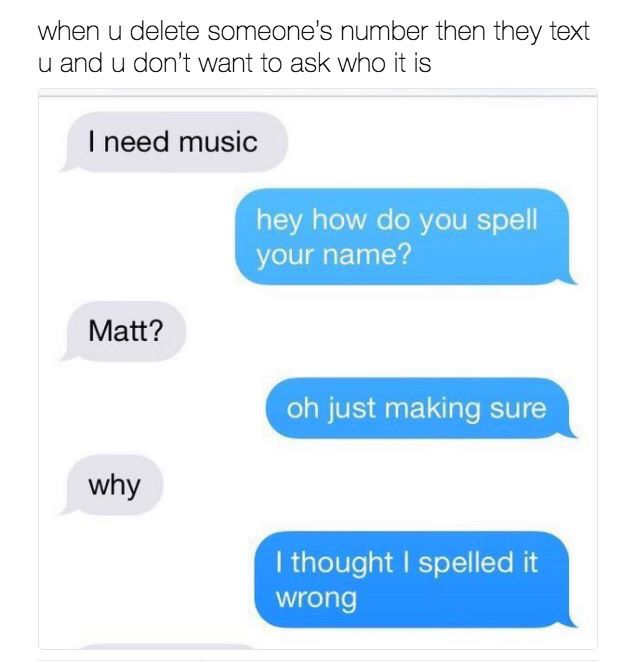 )
)
Phonics Resources
If you want to help recognize where words come from and improve your speech-to-writing pattern recognition, consider getting hooked on phonics!
No, really—the study of phonics, or the sounds that make up words, can really improve your spelling power.
Try the Spaulding Program or visit Phonogram to get started.
Dictionaries
While tech tools are great, you really can’t beat the dictionary for improving your spelling.
Bookmark your favorite online—Merriam-Webster is the American standard, while Oxford is preferred elsewhere in the world—and consider picking up an actual physical copy for when you might be offline. You never know when you’ll need a spelling reference!
Besides, using a physical dictionary triggers different parts of your brain that may help you remember words and spellings more easily by engaging more of your senses.
Then again, the hassle of having to pull out that big, heavy book might also be a good learning tool.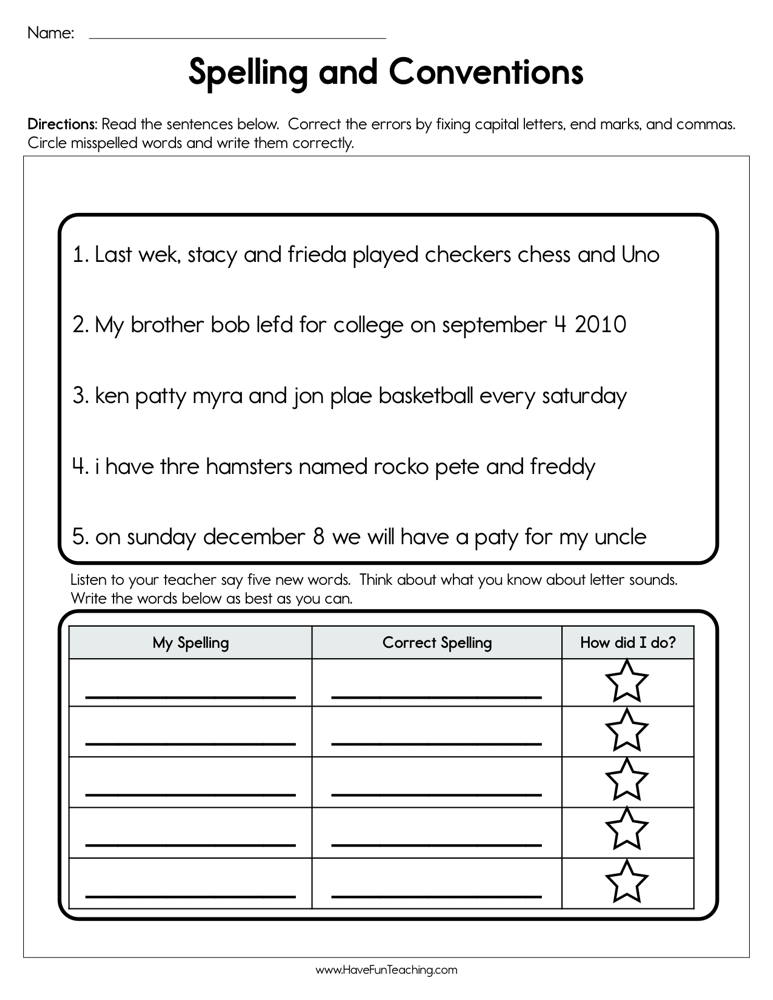 As Stefan, the founder of ADHD Boss, points out, “When it comes to learning how to spell better without having to rely on spell check, I force myself to look up words in a physical dictionary. Using a physical dictionary to look up the proper spelling of words is such an annoying task that it actually forces you to memorize how words are spelled. Try it for yourself, and I bet you’ll be surprised at how well it works!”
As Stefan, the founder of ADHD Boss, points out, “When it comes to learning how to spell better without having to rely on spell check, I force myself to look up words in a physical dictionary. Using a physical dictionary to look up the proper spelling of words is such an annoying task that it actually forces you to memorize how words are spelled. Try it for yourself, and I bet you’ll be surprised at how well it works!”
Other People
Our best tool for spelling better—and writing better in general—is other people!
Educator and author Janet Heller notes, “Individuals who have dyslexia and/or attention deficit disorder (ADD) will have an especially hard time with spelling. They should use spell-check and other tools to help them. Also, they may need another person who is a good speller to look over their work before they turn in a report or send out a message.”
But relying on another set of eyes isn’t just for people with neurological differences that can make spelling hard—everyone makes mistakes, and every writer needs a good proofreader!
(I’m a professional writer and editor and I still had someone proofread this article before I published it!)
How Can You Improve Your Spelling as an Adult?
It seems that everyone is always in a hurry these days—and that might be one of the reasons we have such a hard time spelling properly.
Janet says, “In general, we need to stop rushing when we write. We need to take the time to carefully proofread what we have typed or hand-written. Anyone can make accidental errors, but we can fix these mistakes if we proofread. I especially recommend proofreading aloud and backwards, sentence by sentence, to find mistakes.”
Anytime you write something important, whether it’s a short email, a Tweet, a dating profile, a memo for work, or a business document, make sure you take the time to double-check what you wrote. You won’t catch spelling mistakes when you write them—you’ll see them when you proofread your work. It only takes a few seconds to look over your work, but those few seconds could make all the difference for you.
It takes time and effort to learn to spell properly, but with some practice and a few basic strategies, you can go from struggling speller to champ—and impress everyone who reads your writing.
And that’s the real prize!
For more ways to improve your communication skills, read on:
- How To Write Emails That Get Results: 9 Tips for Getting Better Responses
- 13 Reasons to Write a Professional Letter and How To Do It
- Don’t Get Crippled by Crutch Words: How to Speak and Write More Effectively
Kate Sullivan
Kate Sullivan is an editor with experience in every aspect of the publishing industry, from editorial to marketing to cover and interior design.
In her career, Kate has edited millions of words and helped dozens of bestselling, award-winning authors grow their careers and do what they love!
7 Techniques to Guide Your Learning
Everyone has a few words that they struggle to spell. So how can you get better at spelling without relying on a spell checking system? There are several techniques you can use to improve your spelling — and they're easier than you think.
Exam with Correction Marks How to Improve Your Spelling
Advertisement
1. Memorize Sight Words
Sight words are common words that can’t always be sounded out. To learn them, you need to commit them to memory. These words range from short (such as "been" or "the") to long (such as "people" or "impossible"). Once you've moved on from Dolch sight words, try out sight word phrases and sentences that can improve both your spelling and your reading fluency.
2.
 Read More Books
Read More BooksThe more you read, the more words will start to "feel" right or wrong. With practice, you’ll develop a reliable sense of when you should probably check the spelling of a word in the dictionary. Reading aloud is also the best possible way of learning the phonetic nature of English and avoiding mispronunciation.
3. Learn Common Prefixes and Suffixes
Many English words include Greek and Latin roots and affixes. When you memorize these word parts, spelling gets easier. Practice with a list of must-know suffixes to learn how to spell common word endings, and move on to essential prefixes as a next step. Once you know how to spell these roots and affixes correctly, you'll have a grasp on a large percentage of English words!
4. Keep Track of Tricky Words
Some words are just hard to spell. “Refrigerator” really sounds like it should have a "d" in it somewhere, and no one really agrees whether "judgement" should have an "e" or not. Use a writing notebook or a cheat sheet to jot down commonly misspelled words that you struggle with or come across. You can also include words with unusual spellings for your learning convenience.
You can also include words with unusual spellings for your learning convenience.
5. Use Mnemonics
A mnemonic is a trick used to memorize a certain bit of information. Spelling is a great use for mnemonics, as much of spelling relies on memory. You can use common examples of mnemonics to help with your spelling skills, or you can make up your own spelling tricks to memorize particularly tricky spelling rules.
Advertisement
6. Be Aware of Spelling Exceptions
Just when you've learned all the spelling rules in English, some words go and break those rules! While some follow spelling patterns, many words simply keep their spellings from their original languages. Many old English words, for example, are difficult to learn without memorizing their quirks. Understand the difference between American and British spellings as well.
Improve Spelling Skills Every Day
Learning how to get better at spelling is a challenging task. Continue working on your spelling frequently, read as much as you can, and you’ll soon find yourself reaching for the dictionary far less often. Check out nine fun spelling games for the classroom if you're ready to test students' knowledge in an entertaining and interactive way.
Check out nine fun spelling games for the classroom if you're ready to test students' knowledge in an entertaining and interactive way.
Staff Writer
- elementary school
- middle school
- high school
- college
A person learns information better by taking notes by hand than by typing on the keyboard / Sudo Null IT News They found that in terms of understanding and studying the material taught, handwritten notes outperform computer ones.
“When recording lectures, people try to write down material from dictation, and as completely as possible,” explained Pam A. Mueller, one of the study's authors. “In our case, the students had to choose what they would write down, because handwriting is slower. As a result, additional processing of incoming information played into their hands.
Experts give different explanations for the benefits of handwriting for memorization and processing of information. One of them claims that the processing of information that occurs during recording improves the efficiency of learning and memory retention. Another is that learning occurs through the ability to refer to previous parts of the recording and repeat what has been recorded.
One of them claims that the processing of information that occurs during recording improves the efficiency of learning and memory retention. Another is that learning occurs through the ability to refer to previous parts of the recording and repeat what has been recorded.
If you need to write down simple text, then on a computer it turns out to do it faster, as a result, you can save the taught material almost word for word. But records of complex material, with diagrams, explanations, and other fragments that differ from plain text, significantly complicate the task. The question is what is better suited for learning - a complete "dictation" record that has not been particularly processed by the brain, or a summary that has been considered during the compilation process.
After studying how different students remembered lectures, psychologists found that "computers" and those who took notes by hand showed different results. With questions on simple erudition and memorization, such as historical dates, both groups coped equally. But when the question required analysis of information and comparison of several facts, the students who recorded the lecture by hand answered it significantly better.
But when the question required analysis of information and comparison of several facts, the students who recorded the lecture by hand answered it significantly better.
At the second stage of testing, psychologists warned computer enthusiasts not to write down lectures word for word - but even that was not enough. The instinctive desire to write down everything won, and the more words the student typed on the keyboard, the worse he mastered the material.
In the final step, students were allowed to review their notes before the exam. One would think that fuller, word-for-word notes made on a computer would serve as better material than brief summaries. But here, too, handwriting won.
Despite the victory of paper and pen, psychologists believe that new technologies will continue to penetrate the lives of students. Perhaps, there will be those that will make their life easier without worsening the assimilation of the material at the same time (the same wonderful Livescribe pen, for example). In the meantime, since this year, schools in Finland, for example, have already canceled calligraphy lessons. How this will affect the intellect and knowledge of people, time will tell.
In the meantime, since this year, schools in Finland, for example, have already canceled calligraphy lessons. How this will affect the intellect and knowledge of people, time will tell.
How to make the brain remember what you read
The main test of the quality of your understanding is what you remember from the material you read. While you are a student, most of your reading is related to your studies, and sooner or later you will be required to regurgitate the information received outward in one form or another - be it an essay, a test, term paper, a multiple-choice test, a test on the truth/false system, final testing.
So not only do you have to complete your task, but you also need to be sure that you remember what you read.
Probably everyone has such an experience when at the most crucial moment you forgot something, and it was this little detail that slipped away that turned out to be decisive for grading, balancing on the verge of 5 and 4+ (or 4 and 3+).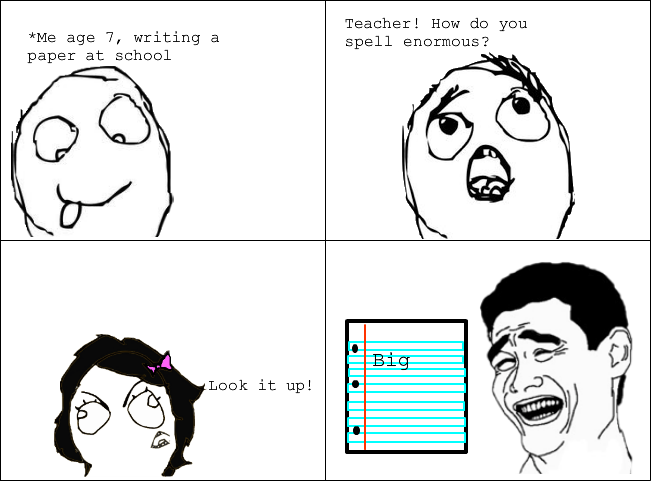 The necessary fact was somewhere very close, sitting on the edge of your consciousness, but you could not remember it.
The necessary fact was somewhere very close, sitting on the edge of your consciousness, but you could not remember it.
Memory can be improved
You probably know people with a photographic (or almost photographic) memory. They know the lyrics to every song recorded over the past four years, remind you of what you told them three years ago, and never forget anyone's birthday (or the anniversary of "the day we met" or "the day we kissed", etc.) .
Photo by Christopher Campbell on Unsplash
While some people seem to have a natural gift for remembering information, a good memory - like good concentration - can be developed. You will control what to leave in your head, and what is acceptable and forget.
Some people remember relatively easily and have no difficulty retaining large amounts of data. Others complain about their leaky memory, which seems to lose more than it saves. Several factors can help improve your ability to remember what you absorb.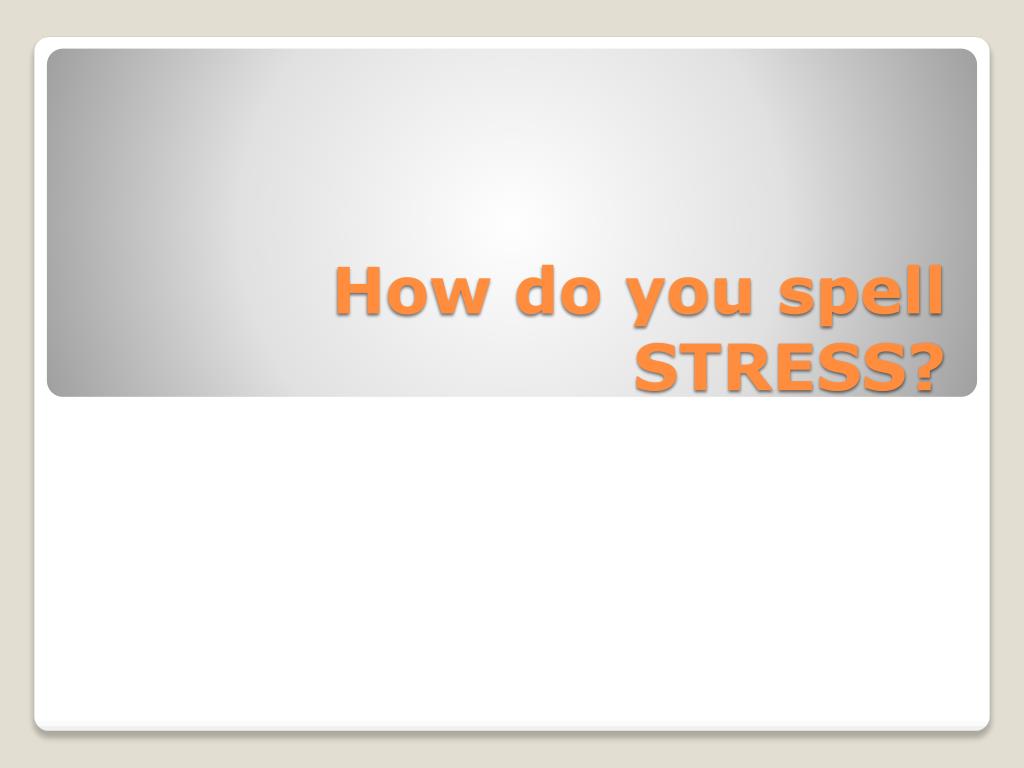
- Intelligence level, age and experience affect how well you remember. You need to determine how these factors affect your memory and learn how to maximize the return on your efforts.
- Laying a solid foundation is essential for a good memory. Much of the learning process is just adding to what you already know. So, for example, it will be almost impossible to cope with organic chemistry without learning the basics. By expanding your foundation of basic knowledge, you will improve your ability to remember new information.
- Motivation is a key factor in improving your memory. A friend of mine, an absolute baseball fan, seems to know all baseball statistics from the beginning of time. It can give you the level of training and goals conceded by almost all players, the schedule of your favorite team for the whole season ... and other teams too!
While I wouldn't say he's the smartest guy I've ever met, he obviously loves baseball and is highly motivated to remember everything he can about his favorite sport.
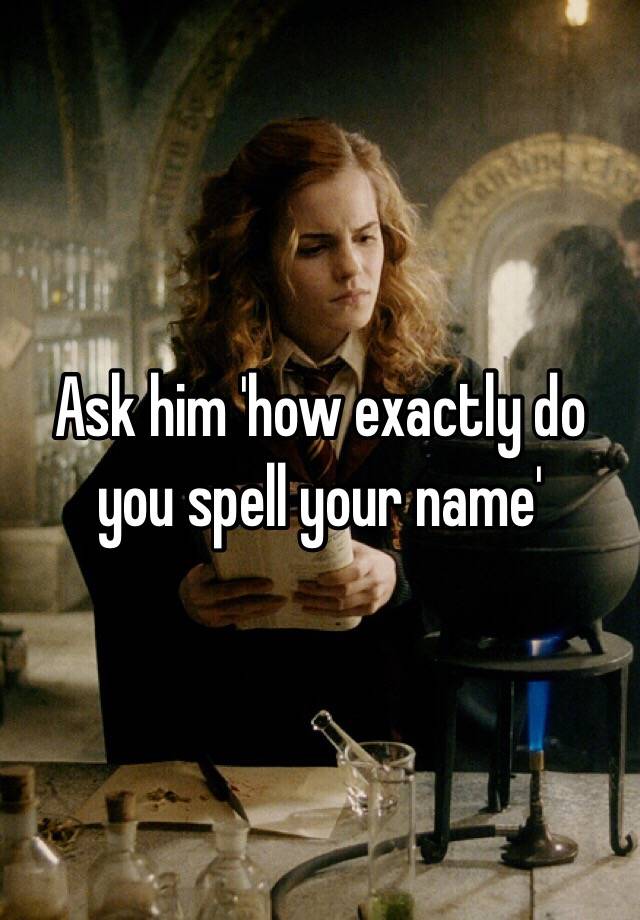 Perhaps you have your own interest. Whether it's movies, music or sports, you fill your brain with a huge amount of information. It turns out that if you can learn so much about one subject, you can remember a lot about another - even about chemistry. You just need to learn how to motivate yourself.
Perhaps you have your own interest. Whether it's movies, music or sports, you fill your brain with a huge amount of information. It turns out that if you can learn so much about one subject, you can remember a lot about another - even about chemistry. You just need to learn how to motivate yourself. - The method, system, or process of remembering information is essential for improving memory. They may include your mental organization, good educational habits, mnemonic formulas - the means that you use when you need to remember something.
- Using what you have learned immediately is just as important for memorization. It's good to commit a list of terms to memory so you can quickly look them up, but if you want information to stay in your head for a long time, you must promote memorization by applying this knowledge. For example, you can add a new word to your everyday vocabulary and use it correctly in conversations.
Learning a foreign language becomes a frustrating experience for many people if they don't have the opportunity to practice their conversational skills outside the classroom. That is why students of language groups often join discussion clubs or study abroad - to consolidate the memorization of the studied material, using their knowledge.
That is why students of language groups often join discussion clubs or study abroad - to consolidate the memorization of the studied material, using their knowledge.
Why we forget
The elements needed to develop a good memory are also important for understanding why we forget things. Bad memory is usually rooted in one of these reasons:
- We are unable to determine the significance of the material.
- We have not mastered the previous material.
- We can't figure out exactly what to remember.
- We have no desire to remember.
- We let apathy and boredom dictate how we learn.
- We must make learning a habit.
- We are disorganized and inefficient in the use of class time.
- We do not use the acquired knowledge.
Use your own words to summarize the main points. Use highlights, diagrams, idea trees to identify relationships and patterns.
We are all bombarded with information every day, bombarded with facts, concepts and opinions.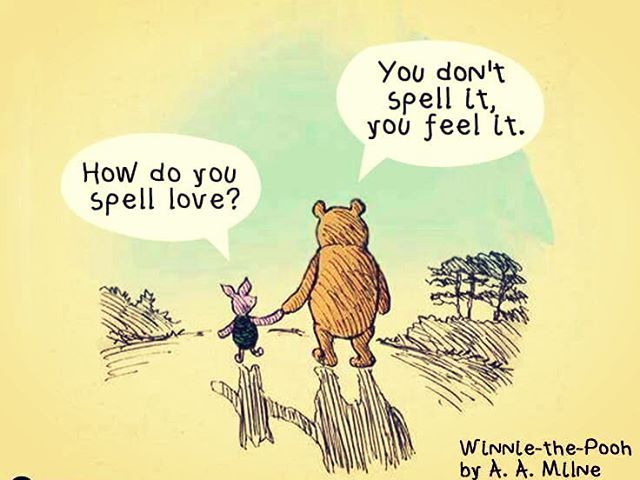 We are able to absorb some of this flow simply because the media plunges us into it.
We are able to absorb some of this flow simply because the media plunges us into it.
But to remember more data, we need to make a conscious effort. We must direct the same effort to the material we are reading.
How to memorize?
Here are some basic techniques to help you remember what you read.
- Understanding. You will only remember what you understand. When you catch the message contained in the text, the process of memorization has already begun. The way to test this is to paraphrase the point in your own words. Can you highlight the main idea? If you do not understand what was said, you will not be able to determine whether to remember it or simply delete it from the memory card.
- Desire. Let me repeat: you remember what you choose to remember. If you don't want to capture some information or don't believe you can do it, then you won't be able to! To memorize the material, you have to want to remember it and convince yourself that everything will work out.
- Cramming. To make sure you remember important information, you need to go beyond just completing a task. To really remember what you have learned, you need to carefully memorize or even memorize the data.
This includes pre-reading the text, critical reading, and the use of special review tools that reinforce what you should have learned.
- Systematization. Random thoughts and numbers are harder to remember than organized data. For example, which number would be easier for you to remember: 538-6284 or 678-1234?
After you learned the system in the second number, it became much easier for you to learn it than the first. You need to develop the ability to isolate the existing structure in the text and recall it when you are trying to reconstruct the content. Let the system help you remember how information is organized and coordinated.
- Associations. It is useful to link or associate what you are trying to remember with something already living in your memory.
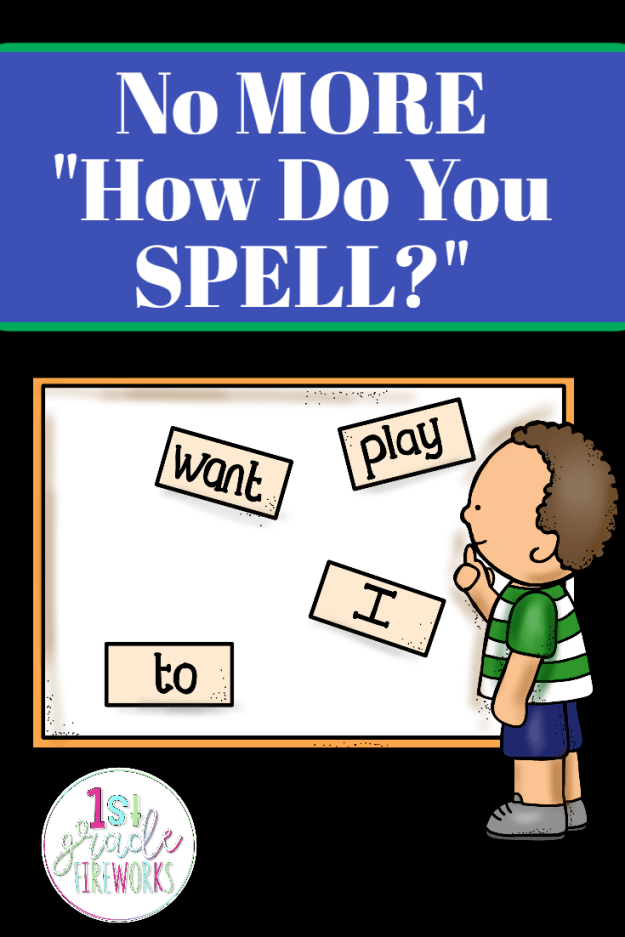 Mentally connect new material with existing knowledge so that new thoughts fall into a certain context in your head.
Mentally connect new material with existing knowledge so that new thoughts fall into a certain context in your head.
Memory Improvement Technique
Each time you read something you need to remember, use this six-step process:
- Assess the material and determine the purpose of the reading. Assess your level of interest and try to understand how complex the text is.
- Select the appropriate reading technique according to the purpose of your reading.
- Identify important facts. Remember what you need. Find associations that link the details you need to remember.
- Take notes. Use your own words to summarize the main points. Use highlights, diagrams, idea trees to identify relationships and patterns. Your notes will become an important reserve for your memory. Recording the main points in writing will further improve your ability to remember.
- Repeat.
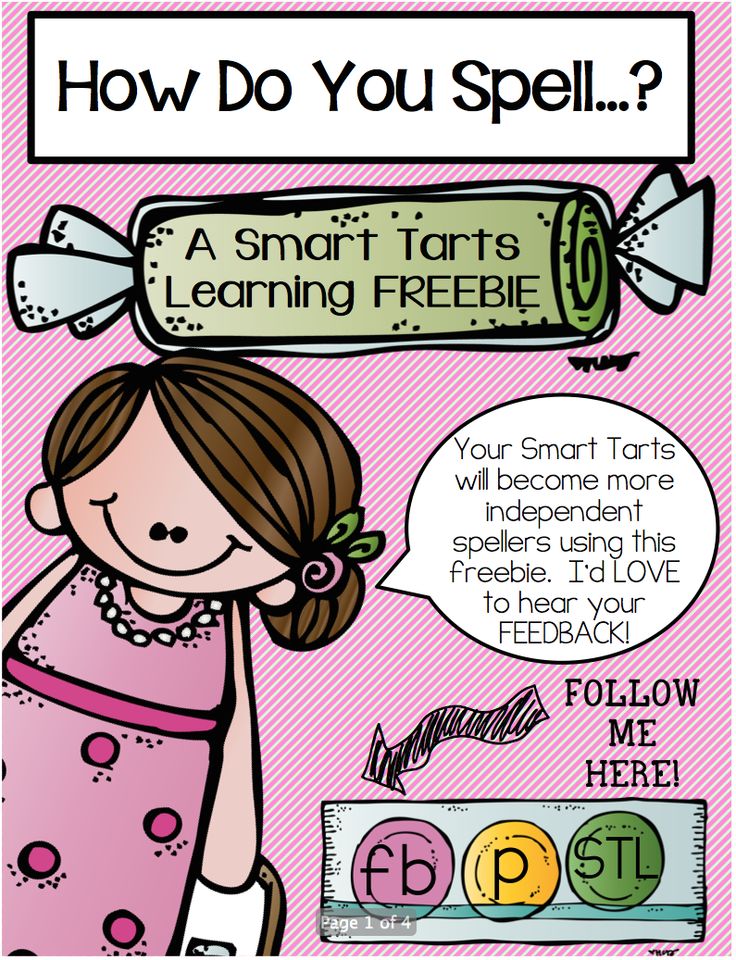 Ask yourself about the things you need to remember. Develop a system whereby you review the notes at least three times before you are required to recall and recall information. The first repetition should be shortly after reading the material, the second after a few days, and the third right before you need to answer. This process will help you avoid the stressful “last” night before the exam.
Ask yourself about the things you need to remember. Develop a system whereby you review the notes at least three times before you are required to recall and recall information. The first repetition should be shortly after reading the material, the second after a few days, and the third right before you need to answer. This process will help you avoid the stressful “last” night before the exam. - Apply. Find an opportunity to use the acquired knowledge. Study groups and class discussions are an invaluable opportunity to apply what you have learned.
Cramming and mnemonics
There are a few special techniques that will help you remember what you need from a variety of different facts. The first one is rote learning , where you try to memorize information word for word.
Use this method only when you need to memorize something for a relatively short time - if you have a test on the dates of battles in history, a chemistry test using special formulas, or a vocabulary dictation in French.
When memorization is required, you must do your best to commit accurate information to memory. Perhaps the most effective way is repetition. Write down the most important on small cards and use them as didactic material. You need to check yourself regularly to make sure you have excellent knowledge of all this data.
The second technique for memorizing extensive detailed information is mnemonic . It allows you to capture large amounts of data that may or may not be logically related. The mnemonic technique is invaluable when you need to remember information that is not organized in a clear structure, complex topics, and many facts that add up to a chain of events.
Photo by Evan Kirby on Unsplash
One of the easiest ways is to try to remember only the first letters of a sequence. This is where Roy G. Biv (the first letters of the names of colors in the rainbow) came from in English. To memorize the names of notes on the stave, the phrase Every Good Boy Does Fine is used, and FACE is used to memorize notes in between.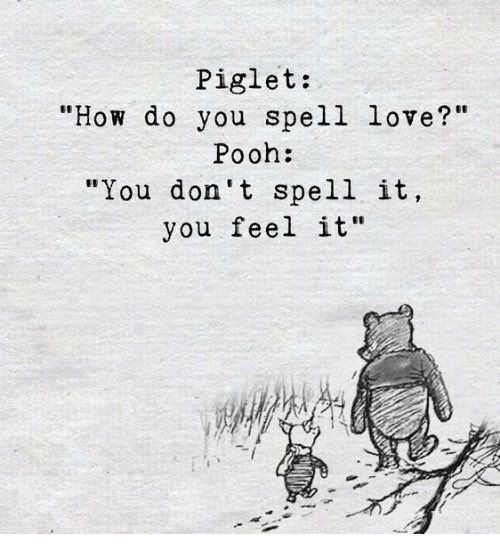
(This is the opposite of Swarm and uses the word to remember the letters.) Of course, not all sequences are so successful. If you tried to remember the Latin names of the zodiac signs, you would come across Aries, Taurus, Gemini, Cancer, Leo, Virgo, Libra, Scorpio, Sagittarius, Capricorn, Aquarius, Pisces (Aries, Taurus, Gemini, Cancer, Leo, Virgo, Libra, Scorpio, Sagittarius, Capricorn, Aquarius, Pisces). Of course, many of you could make ATGCLVLSSCAP (OTBRLDVSSCVR) a name, place name, or something else, but I can't...
One solution to is to make a simple sentence using the first letters of the list you are trying to remember as the first letters of words, as in our "hunter" who "wants to know where the pheasant is sitting." To remember the order of the zodiac signs, memorize the phrase “A Tall Giraffe Chewed Leaves Very Low; Some Slow Cows At Play" (Or, for example: "Very fat badgers are digging trees with their paws in the garden of Svetlana, who grows roses.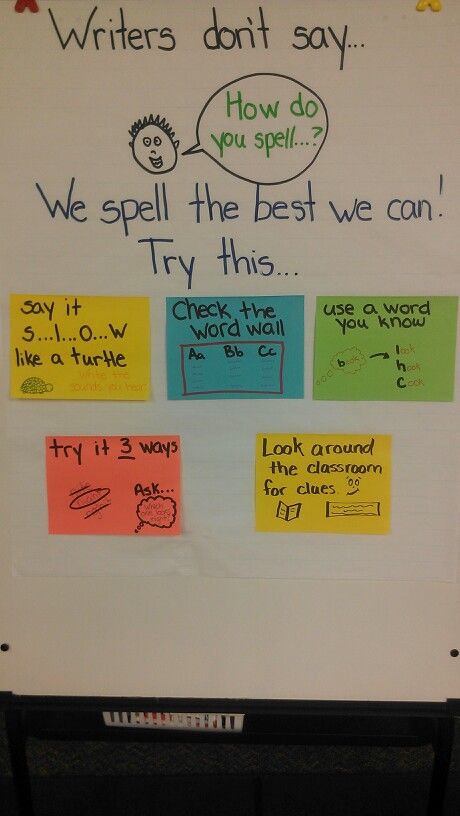 ").
").
Stop! After all, it turns out the same number of words. Why not just find a way to remember the signs themselves then? Why is the second option better? There are a couple of benefits.
- First, it's easier to imagine a giraffe, a cow, and badgers and what they do. Creating mental images is a very powerful way to remember almost anything.
- Secondly, the words in our sentences are related to each other, and therefore they are also easier to remember.
Come on, try it! See how long it takes you to memorize the sentence and how long it takes to remember all the signs. This method is especially easy when you have learned all or some of the elements of the list but cannot fix their order.
Remember : you need to create your own phrase (or group of phrases) that is convenient for you. Any sentences and phrases that can help you will do. For example, here are two more examples that I came up with in a few seconds: A Tall Girl Called Lovely Vera Loved to Sip Sodas from Cans And Plates. Any Tiny Gerbil Could Love Venus. Long Silly Snakes Could All Pray, or "A Huge TV Will Work. People Squeeze Cherry Juice. Sasha Bought Boiled Crawfish” (After all, how easy it is to imagine memorable silly pictures!)
Any Tiny Gerbil Could Love Venus. Long Silly Snakes Could All Pray, or "A Huge TV Will Work. People Squeeze Cherry Juice. Sasha Bought Boiled Crawfish” (After all, how easy it is to imagine memorable silly pictures!)
You will notice that such mnemonic devices make it easy to recall special information that needs to be kept in the head for a long time in order to use it both in the classroom and in business. They are especially useful when you need to learn chemical classifications, musical patterns, or anatomical terms. But as effective as mnemonic devices are, don't try to use them for everything you want to remember.
Why? The creation of these techniques takes more time than a person can have. And problems sometimes arise with memorizing not the material itself, but invented auxiliary phrases! Too many of them can make memorization difficult and prevent you from remembering everything at the right time.
Complex mnemonic codes are not very useful - they can be hard to remember.